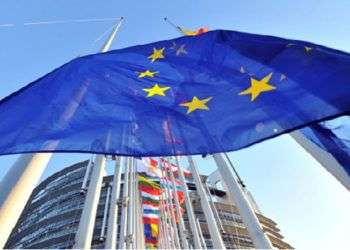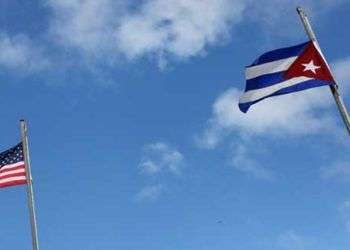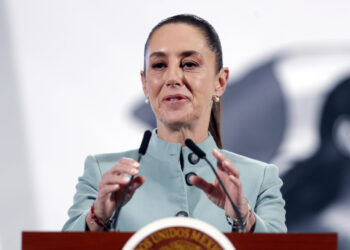An opportunity to relaunch the EU-Cuba relations
This week Cuba and the European Union held the second round of talks to reset their relations. The previous period was marked by Cuba’s rejection and American disrespect for the 1996 European Common Position. That measure was a failed European attempt to define the terms of a triangular relationship that has at its other vertices the USA, in the logic of the great powers, and Cuba as an underdeveloped country, with a special historical, cultural and economic relationship with Europe. Despite the optimal position as a pivot in a ménage à trois, where cordial relations converge from two opponent vertices, Europe has never decisively influenced the triangular Havana-Brussels-Washington relationship. Eighteen years of European common position on Cuba confirmed that the limited engagement and symbolic sanctions policy after 2003 reduced European influence in Cuban adaptation to a post-Cold War world. Cuba diversified its foreign relations, to lessen the weight of Europe and Canada as uncomfortable trading and investment partners in the nineties. Havana emphasized strategic affiliations with Venezuela, China and Russia lately. The rise of the Latin American left gave Cuba more space in the developing world through the Non-Aligned Movement and the Group of 77. Cuba led the Community of...




